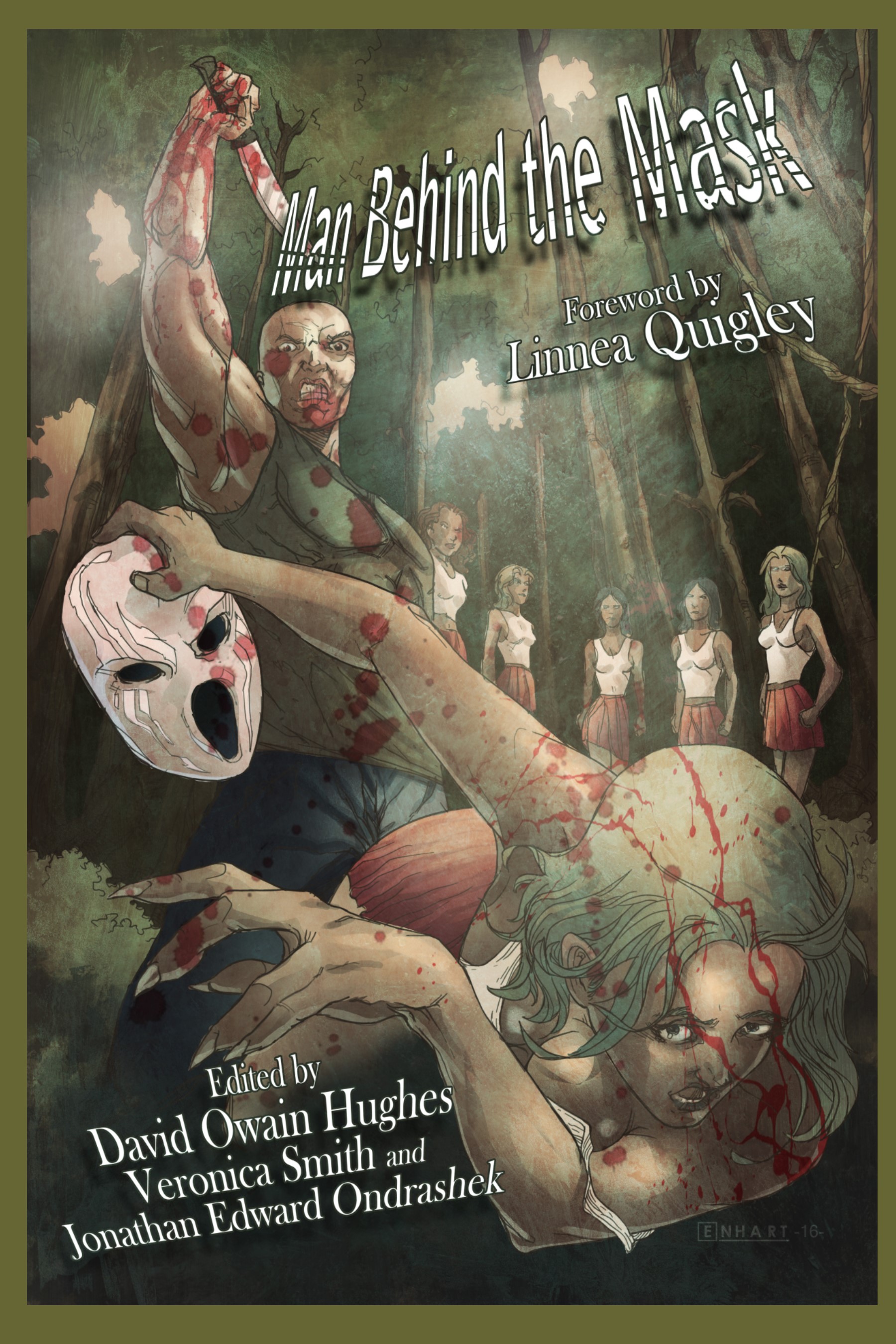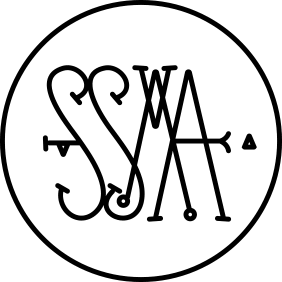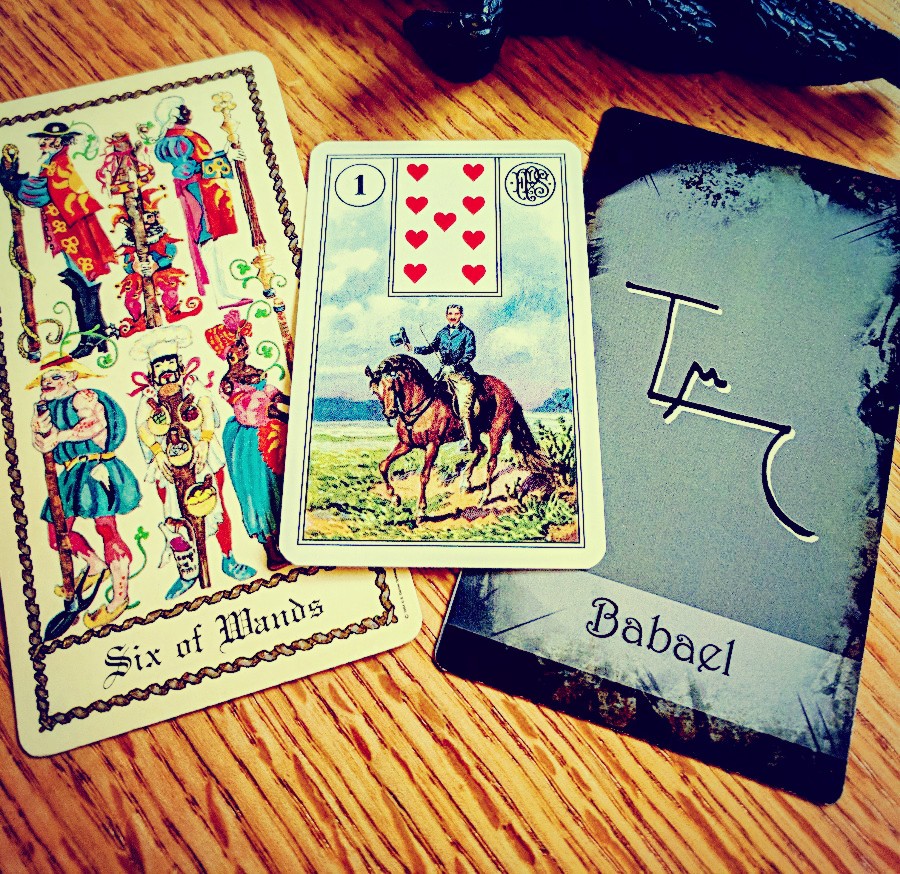
For Writers: How to Keep Reading While Writing
::Yes, two reading posts one after the other. I’ve really been focused on reading this year.::
At twenty-three, fresh out of college and trying to make a go of my writing career, I was burnt out on reading. After all, when you’re an English major, despite the creative writing emphasis, you tend to take a lot of literature classes. I read tens of thousands of pages those four-and-a-half years I spent in college. Those thick books, printed on thin paper in tiny print cost almost $100 each at the time. I still have them, and within their pages all the great classics from Tolstoy to Austen, and Poe to Chaucer. I read them all. Plus I still managed to devour genre fiction by the series’ load.
So when I got out of college I was burnt out. So burnt out that I literally did not pick up another novel for about two years. Instead, I mostly read non-fiction. Reading had become a chore that I dreaded because I was constantly analyzing, and over-analyzing every word, every sentence.
When people would ask what I was reading, I would lie, because seriously – what writer doesn’t read? At the end of my two-year fiction reading hiatus I made a decision. I told myself that I needed to re-learn how to read for pleasure. I picked up The Mists of Avalon by Marion Zimmer Bradley and finished it in two weeks. While I found it moderately dry, it made me realize that I could read for pleasure again. All I had to do was turn off that nit-picky, analyzing, editorial college-student voice in my head that asked me questions like, “Is this description overkill?” “What is the significance of XXX character’s choice of XXX?” “Why do you think the author chose to use the color blue here?” “Why does this dialogue work, or not work?” “Is this character’s actions plausible?” “What makes me suspend disbelief here?”
After that, I picked up some Stephen King, then Dean Koontz, and then I re-read some of my favorite Dana Reed novels. Next thing I knew, I was a reader again, and while I was still analyzing what I’d read from description, to dialogue, to character motivation, I was doing it in such a way that I would wait to the end of the book to think about these things, allowing me to enjoy the simple pleasure of reading without the constant critical voice in my head.
When you read for enjoyment, it’s relaxing. So I got into the habit of reading before bed, because there was always a half hour to an hour of wasted time there. It’s no wonder I can motor through 50+ books a year these days – even if I’m in the midst of writing or editing my own work.
There was a period there where if I was writing non-fiction, I would only read fiction. Or if I was writing a mystery, I’d only read non-mystery fiction, but I soon found myself getting over it once I became confident enough in my own ideas and my own writer’s voice to realize that no matter what I read, it would only influence my writing insofar as to avoid making the same mistakes other authors made, or to try a technique that was done rather well.
In many instances, reading actually gives me ideas for writing, but not in the sense of taking other authors’ ideas and reworking them, but by triggering that “what if” part of my brain and causing it to generate stories that are nothing like stories I’ve already read.
Having been through this myself, I can completely understand where some writers are coming from when they say they are afraid to read mysteries when they’re working on a mystery, or they’re reading non-fiction while they write fiction and so on. I can also understand the brief reading hiatus some writers go through when they’re burnt out.
What I don’t understand are the writers who claim proudly that they don’t read, or that they don’t have time to read. I think that if I didn’t have time to read I’d lose my sanity. And if I didn’t read, I wouldn’t have become a writer to begin with.
So for the writers who don’t read, are burnt out or low on time – how can you get back into reading? First, don’t look at reading as something you have to do. Remember back to a time when you found it pleasurable. There is no deadline. You can take your time. Some books can take you months to get through if you’re a slow reader. Finding time is easy. Just put the Kindle or Nook reading app on your phone or tablet and take it everywhere with you. Waiting rooms, lines, and even riding the bus are perfect opportunities to get some reading time in. Audio books are great for when you’re stuck in traffic, doing boring data entry at the day job, grocery shopping, or exercising. Finally, turn off the television a half hour early and go to bed with a good book. You’ll be reading again, and enjoying it, in no time. And I think you’ll find that your writing will improve because of it.



